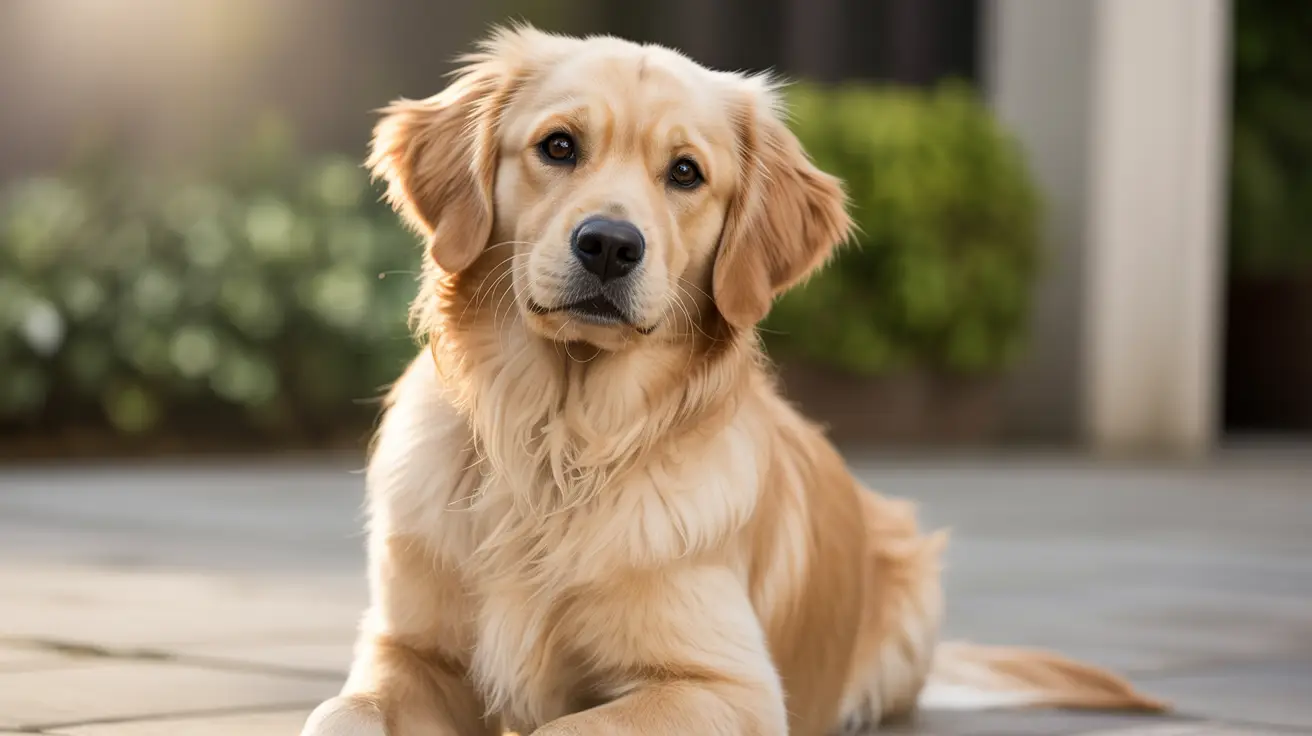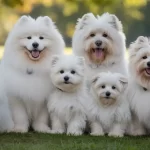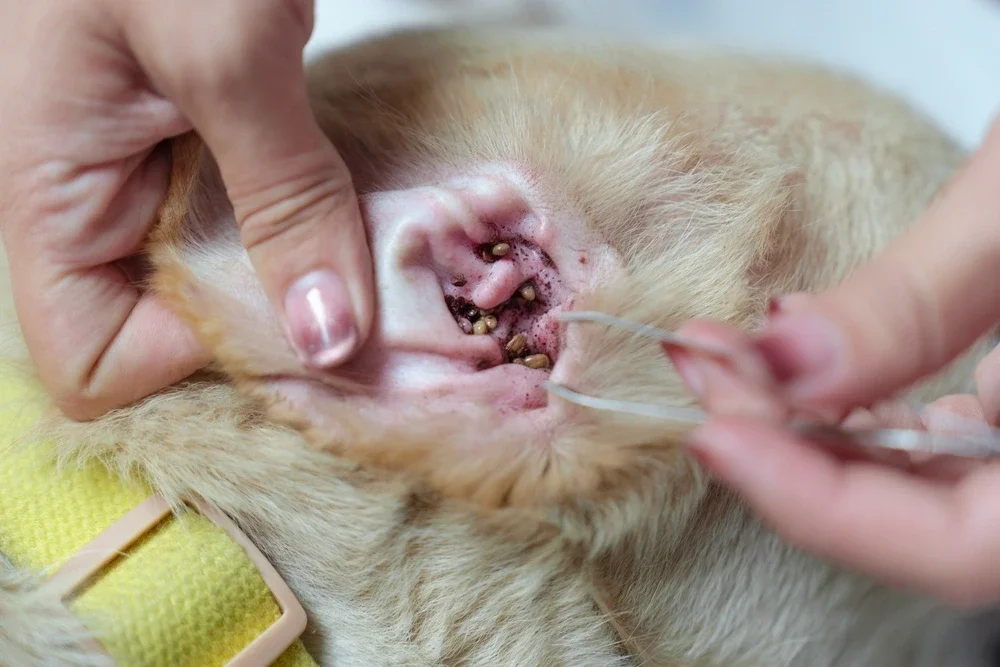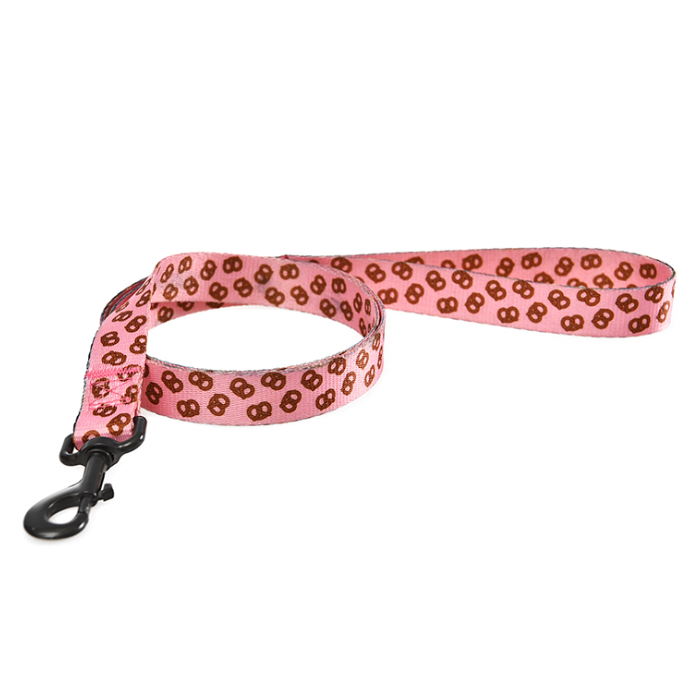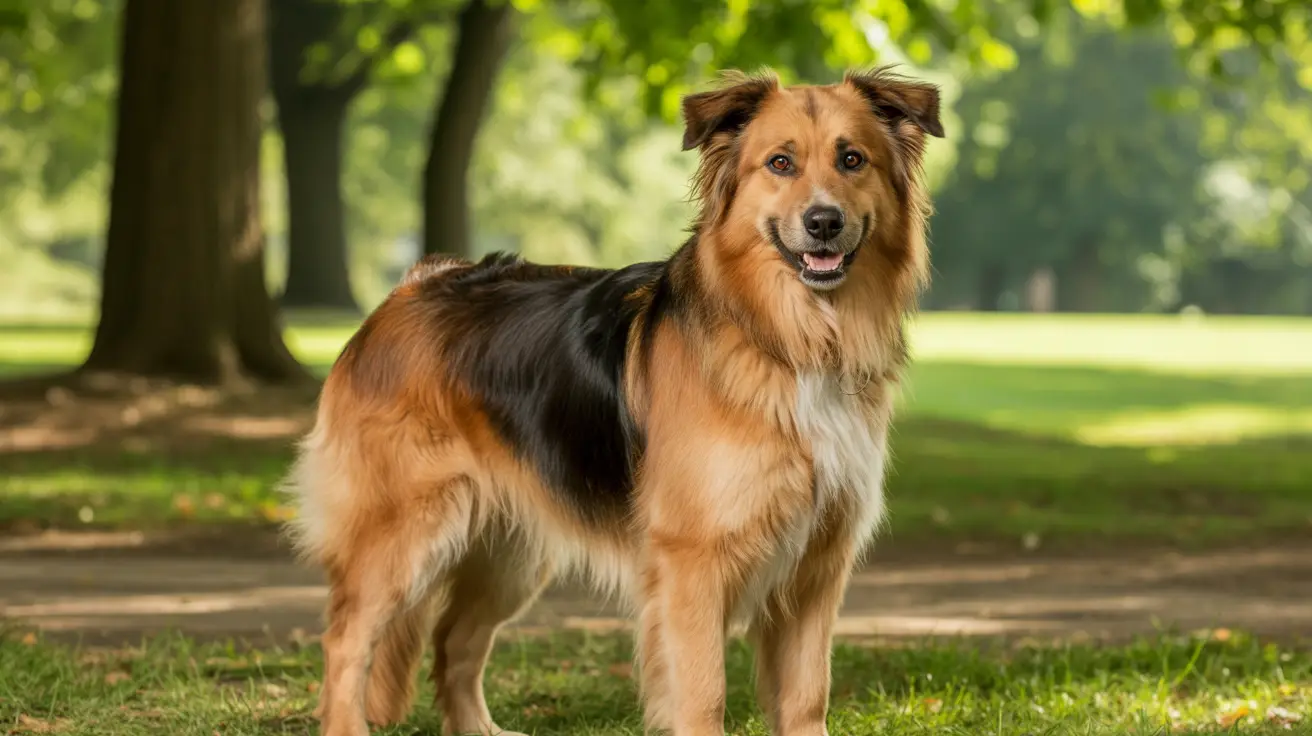Golden Retrievers are among the most popular dog breeds in the world. But what if you want the same loving personality and adorable looks in a smaller, more manageable package? That’s where the Small Golden Retriever comes in. From the Mini Golden Retriever and Mini Goldendoodle to the Teacup Golden Retriever, there are several variations that bring the Golden’s charm into a more compact size. This guide will explore everything you need to know about Small Golden Retrievers, including their characteristics, health, and what to expect when adopting Small Golden Retriever Puppies.

Content
What Is A Small Golden Retriever?
The term Small Golden Retriever is not tied to an official breed standard. Instead, it refers to different ways breeders create downsized versions of the classic Golden Retriever. Some are produced by carefully selecting smaller Goldens over several generations, while others involve crossbreeding.
For example, the Mini Golden Retriever often comes from combining a Golden with a Cocker Spaniel. The Mini Goldendoodle is the result of a Golden Retriever and Miniature Poodle mix. A Teacup Golden Retriever is a much smaller variety, usually bred by pairing very small or runt Golden Retrievers. Finally, a Small Golden Retriever Mix can involve different breeds while keeping the affectionate Golden personality intact.
Characteristics Of Small Golden Retrievers
In terms of appearance, a Small Golden Retriever generally weighs between 20 and 45 pounds and stands 12 to 20 inches tall at the shoulder. They keep the same gentle expression as their larger relatives, with coats ranging from light cream to rich golden red. A Mini Golden Retriever Full Grown looks nearly identical to a standard Golden, just in a smaller frame that’s easier to handle.
Personality-wise, Small Golden Retrievers are affectionate, intelligent, and eager to please. They love being part of the family and are great with children and other pets. Their social nature makes them excellent companions for almost any household.
Health is an important consideration. While they may benefit from hybrid vigor when bred responsibly, potential issues include hip and elbow dysplasia, eye conditions, and heart problems. On average, Miniature Golden Retrievers can live between 12 and 15 years with proper care.
Small Golden Retrievers are also highly adaptable. Their size makes them a better fit for apartments or smaller homes compared to full-size Goldens, without losing the breed’s friendly and loyal character.
Differences Between Small And Standard Golden Retrievers
Although Small Golden Retrievers share much with their larger cousins, there are some noticeable differences. A Small Golden Retriever weighs significantly less, often less than half the size of a standard Golden, and needs less daily exercise. About 30 to 60 minutes of play or walking keeps them healthy, while standard Goldens usually require 60 to 90 minutes each day.
Their lifespans may also differ. Standard Golden Retrievers often live around 10 to 12 years, while Small Golden Retrievers may reach 12 to 15 years. Grooming needs vary depending on whether the dog is a straight-coated Miniature Golden Retriever or a curlier-coated Mini Goldendoodle, but all require regular brushing and care.
Why Many Owners Prefer Small Golden Retrievers

For many dog lovers, the biggest appeal of a Small Golden Retriever is their manageable size. They are easier to transport, lift, and groom compared to larger Goldens, while keeping the same affectionate temperament.
Another advantage is their potentially longer lifespan. Responsible breeding practices can sometimes reduce the risk of hereditary health conditions, giving Small Golden Retriever Puppies a healthier start. Owners also appreciate their adaptability—whether in a small apartment or a suburban home, these dogs can thrive with the right care and attention.
Which Type Of Golden Retriever Is Right For You?
The right choice depends on your lifestyle and environment. A standard Golden Retriever is ideal for active families who enjoy hiking, running, or spending time outdoors. Their larger size also makes them well-suited for therapy or service work, where strength and stamina are required.
A Small Golden Retriever, on the other hand, is perfect for individuals living in apartments, retirees, or those who prefer a dog that is easier to manage physically. Their smaller size and moderate exercise needs make them more adaptable to busy schedules or limited space. Families who want a loving companion but don’t have room for a large breed often find that a Small Golden Retriever is the best fit.
Caring For A Small Golden Retriever
Owning a Small Golden Retriever means committing to daily care, even if their needs are slightly less demanding than a full-size Golden. They still need at least 30 to 60 minutes of activity, whether through walks, fetch, or interactive play.
Grooming depends on the coat type. A Mini Goldendoodle with a curly coat may need more frequent brushing and professional trims, while a Mini Golden Retriever with straighter fur may only require brushing a few times per week. Regular grooming prevents matting and keeps their coats healthy.
Nutrition is another key factor. Since a Mini Golden Retriever Full Grown requires fewer calories than a large Golden, portion control is important to avoid weight gain. Training and socialization should begin early, using positive reinforcement methods to build confidence and good manners.
Choosing Small Golden Retriever Puppies
If you’re considering Small Golden Retriever Puppies, it’s essential to choose a reputable breeder. A responsible breeder will provide health clearances, explain the parent breeds, and give realistic expectations about size and temperament.
Be cautious when searching for a Teacup Golden Retriever, as breeding for extreme smallness can sometimes lead to health problems. Always prioritize breeders who focus on health and ethical practices. Adoption from breed-specific rescues is also a great option, as many Small Golden Retriever Mix dogs are available for loving homes.
Conclusion
The Small Golden Retriever captures the heart of the classic Golden Retriever but in a more compact and manageable package. Whether you choose a Mini Golden Retriever, Mini Goldendoodle, Miniature Golden Retriever, or even explore the Teacup Golden Retriever, these dogs can be wonderful companions for families, singles, and retirees alike.
If you have space, time, and energy for a large, active dog, a standard Golden Retriever remains an excellent choice. But if you’re looking for a smaller, adaptable, and equally affectionate version, the Small Golden Retriever may be the perfect addition to your home.
If your Dog Keeps Sneezing, our guide explains the common causes and simple home remedies you can try.
FAQs
Is there a small version of a golden retriever?
Yes, the Small V ersion Golden Retriever exists through selective breeding or mixes like the Mini Golden Retriever and Mini Goldendoodle.
What is the smallest golden retriever?
The Teacup Golden Retriever is the tiniest variation, though it’s very rare and often bred from the smallest Golden Retrievers.
What are smaller golden retrievers called?
They’re often called Mini Golden Retrievers, Miniature Golden Retrievers, or mixes like the Mini Goldendoodle.
Is a mini golden hypoallergenic?
A Mini Golden Retriever is not hypoallergenic, but a Mini Goldendoodle with more Poodle traits may shed less and be allergy-friendly.

Join Felipe Clark on a heartwarming journey through the world of pet adoption. He’s a true advocate for shelter animals, sharing stories that tug at the heartstrings and inspire adoption.

